Search Results for: Dogs
Skip to resultsCan’t find what you’re looking for? Visit our FAQ page.
4,010 results for: Dogs
-
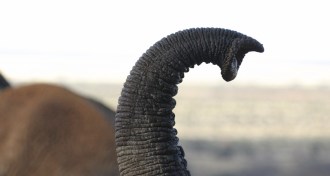 Animals
AnimalsElephant’s big nose wins most sensitive sniffer
A genetic survey reveals that African elephants harbor more smell sensors than any other known animal.
By Nsikan Akpan -
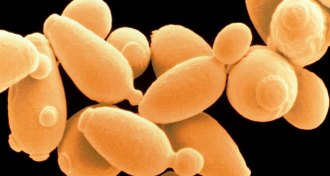 Life
LifeFor yeast life span, calorie restriction may be a wash
A new technique for growing and tracking yeast cells finds caloric restriction doesn’t lengthen life span, though some researchers question the study method.
-
 Microbes
MicrobesFront doors carry ‘thin patina’ of poop bacteria
A new map shows that Americans’ front door frames are coated in gut-dwelling microbes.
-
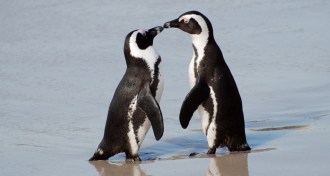 Life
LifeYou don’t have to go to Antarctica to see wild penguins
Tourists can visit many species of wild penguins outside of Antarctica.
-
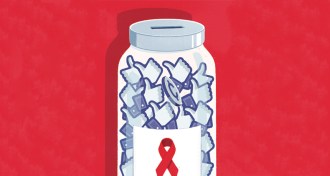 Psychology
PsychologyOnline causes may attract more clicks than commitments
Online awareness campaigns can make people feel they’ve contributed to a good cause, but social scientists say the tangible benefits of such efforts may be small.
By Bruce Bower -
 Genetics
GeneticsFinally, some solid science on Bigfoot
DNA analysis finds no Bigfoot, no yeti, two weird bears and one scientist on a quest for the truth.
-
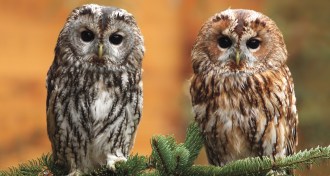 Climate
ClimateHow species will, or won’t, manage in a warming world
Fast evolution and flexibility, in biology and behavior, may allow some species to adapt to a warming world. Others may need help from humans, or risk dying out.
-
 Health & Medicine
Health & MedicineIf timing’s right, cats and roaches may be good for kids’ allergies
Exposure to mice, roaches and cats before a child’s first birthday may confer protection against asthma and allergies, a new study suggests.
-
 Neuroscience
NeuroscienceSunbathing may boost endorphins in the body and brain
UV light makes mice churn out a molecule that is a cousin of morphine and heroin, a finding that may explain why some people seek out sunshine.
-
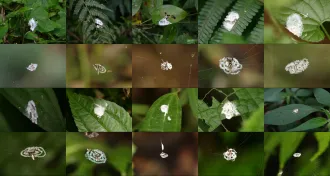 Animals
AnimalsBird dropping disguise proves to be effective camouflage
Several species of spiders and other animals mimic bird poop.
-
 Animals
AnimalsPets’ rights explored in ‘Citizen Canine’
Science journalist David Grimm describes pet's progression towards full citizenship.
-
 Life
Life‘The Amoeba in the Room’ uncloaks a hidden realm of tiny life
Mycologist Nicholas Money reveals the secret (and dramatic) lives of amoebas, bacteria, fungi and other often-overlooked microbes in The Amoeba in the Room: Lives of the Microbes.